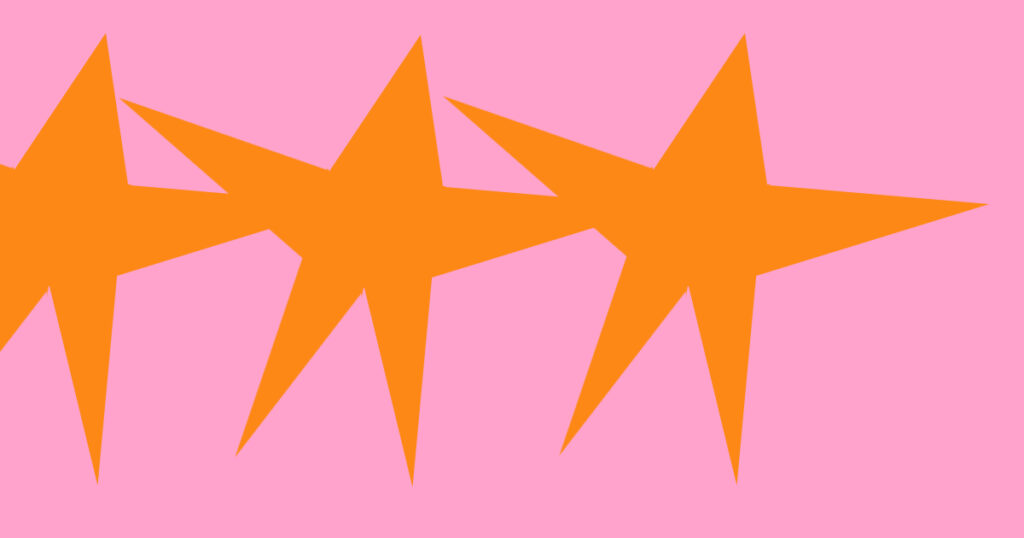Thank you for considering contributing to Avoiding Rx. We welcome first-person accounts of patient experiences with non-mainstream health treatments.
Avoiding Rx’s mission is to provide info about non-mainstream health approaches and treatments for those who don’t have the resources to access or research them. They might not have the money, time, insurance coverage, or transportation, or they might live in an environment where those ideas are mocked or never even talked about.
Other goals are to help people navigate our dysfunctional medical system, and to demonstrate how to self-experiment intelligently, test theories, find correlations, etc.
We do not accept unsolicited pitches at this time.
Why your experience is valuable
New ideas trickle down to academia and doctors at a glacial rate, especially in conservative areas and in corporate-driven medical systems. The vast majority of patients facing a chronic, undiagnosed illness come away with the idea that there are no other effective treatments except the ones they’ve been exposed to in the PPO university health systems, which, they find pretty quickly, don’t work very well.
To an individual trying to decide whether to risk the outlay of time and money (and ridicule) for a health treatment outside the mainstream, a first-person, real-person, description of what it’s like as a patient or client can be more valuable than marketing materials, scientific papers, or testimonials on practitioners’ websites.
Ideal length
750 or so words. 1200 is probably too long. Here’s a good example.
Topics we look for
Types of health complaints
In terms of health issues, you’ll notice that we focus on chronic, undiagnosed illness, but we cover less mysterious long-standing complaints, too. We are especially interested in the treatment of trauma and mood disorders. Here’s a list of all the health issues that have been covered.
Types of treatments
In terms of treatments, we want to hear about approaches that typically are not covered by insurance, or that your insurance-provided doctor will tell you won’t work, or that are made fun of in the media, or are met with eye-rolling. A very brief sampling includes nutritional therapy, energy healing, acupuncture, reiki, and heavy metal chelation. Here’s a list of types of treatments we’ve mentioned.
As an example, we’re planning a post on the use of herbal tinctures applied to the skin, rather than orally, to circumvent the writer’s lousy digestive tract. In that case, two treatments are really being discussed — the herbal tincture, and its unusual application.
It’s okay if you are writing about a treatment or issue that has already been covered on this website.
Controversial is okay, but not Co-id
We welcome discussion of controversial treatments such as LSD, psilocybin, homeopathy, etc. However, we will not discuss any treatment related to Co–d (that 2020 virus).
Basic data to include
You don’t have to go into detail, but do include these items. You might tack on a list at the beginning of the post.
- Your region or metro area, if you don’t mention it later
- The cost per session
- Whether insurance covers it or not
- How long a drive each visit entailed
- How many visits were needed, and what follow up
- What dosage and frequency you used
- How long you’ve been taking it, if supplements or drugs are involved
Additional useful info to include
These won’t all apply to you.
- What health complaint or condition led you to try it
- What gave you the idea to try it
- What side effects you experienced
- If the supplement stopped working after a while
- Other approaches, nutritional therapy or otherwise, you tried
- Ideas about the cause of the condition
- If using the supplement became a financial burden
- How it compares to similar products by other brands
- How long before you noticed an effect
- Whether it resolved any aspect of the condition
Show the level of difficulty in accessing this care
To help the reader gauge how closely her experience with this modality will be compared to yours, try to demonstrate how progressive an area you live in, how easy it was for you to find the practitioner, whether you could find anyone who’d also used it, if you received any interesting reactions when you mentioned it to others, etc. Try to convey the sacrifices you made to make a choice of treatment and to keep plugging away at it.
The three don’ts
Don’t defend alternative medicine: We’re beyond that here. Take it as read that the reader assumes it is a respectable, worthwhile endeavor to investigate this type of treatment.
Don’t go into the history of the treatment itself: Unless part of what intrigued you about the treatment is the history of it, just keep the description to one or two sentences. The article is about your experience with it.
Don’t mention that virus by name: We do not want any search engines associating that subject with this website. We have enough problems. Refer to it in vague terms – the Globetrotting Spiked Sphere, 2020 madness, etc.
Be clear about dosages
When mentioning dosages, follow them in parentheses with the spelled-out name of the unit: e.g., 50 mcg (micrograms), 730 ml (milliliters), etc. This minimizes the chance of mistyping a dosage.





